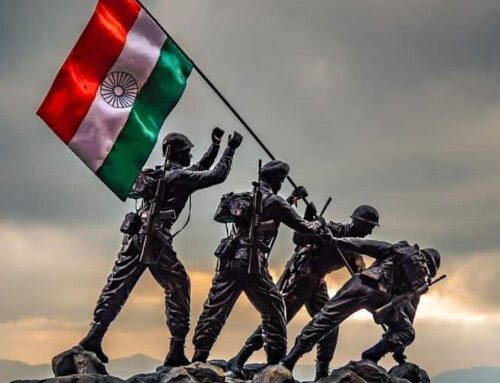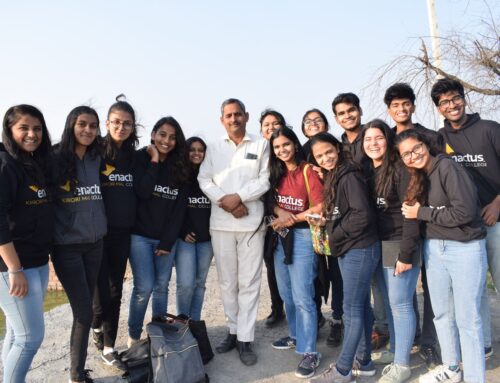Enhance the Agnipath Scheme or dilute it;
The youth of our nation deserve better
Being an Army Brat, as people call it, I have seen and communicated with the soldiers of the Indian Army since my childhood and I can say this. India has one of finest and most disciplined soldiers one can ever come across in their lifespan and median age being 32 in The Indian Army is not the real issue because many officers of the fraternity have mentioned that the efficiency of the soldier is through the experience they gain and not by how young they are. Perhaps the real issue is in the defence budget management.
Pension, allowances and pay scale sums up to be a quarter of the whole budget which restricts the government from modernising the army with better equipment, because there already has been a drastic budget cut of 1 Lakh Crore this year but after the launch of the “Agnipath” scheme, the anger across the nation amongst the aspirants and many serving and retired soldiers is on the rise. Why is this happening? According to the various news channels, newspapers and magazines, the answer can be divided into 2 parts.
No.1- retiring 75% of the soldiers after 4 years. No.2- the issue of gaining employment post retirement.
It’s fair enough to agree that nowadays having just a degree won’t help you get a job anywhere. Let’s analyse it more critically, the Agnipath scheme wants to acquire 46K soldiers this year and 50K for the next year and so on, which means on an average 37,500 soldiers will retire every year after 4 years with a skill-based bachelor degree (still to be confirmed) and Class XII pass certificate. The reservations are hardly 10% in CAPF and MoPSW (for navy agniveers). Therefore, unemployment becomes an obstacle in the path of success for this scheme. Despite making reservations or giving priority to retired agniveers in various departments of government, it is not assured that they will be employed post retirement because it is a well-known fact that even short service commissioned officers who already have their UG completed with 7+ years of experience as class 1 officer for the GoI and do their PG afterwards have to go through a lot of hardships before they are employed back again.
A very well written article by Lt Gen DS Hooda sir also described the pros and cons of Agnipath. He emphasised on some issues like, half of the tenure period right now will just go in training and the annual and casual leave the soldier will apply for which means out of 4 years they will only serve approximately 2.5 years in army which is hardly an experience and what will be the motivation level of the ‘Agniveers’ to fight for the nation who they know will retire them in a while.
The mindset of soldiers that largely come from villages is just serving the nation through Indian Army only and it still persists amongst the aspirants be it the aura of the Army or the job security it provides whatever maybe the reason I have seen the motivation for it and I genuinely understand the situation of the aspirants that are against it. The Government and The Armed Forces must understand the gap it may create amongst the military brass and the soldiers because going against the wishes of many aspirants and making them unhappy may instigate disappointment amongst the serving troops and create a communication gap.





However, is the idea behind this whole Agnipath scheme not good? – lets understand it deeply. The government has highlighted on the pros of this scheme for youth which is absolutely correct but still raises a question of how will the skills like discipline, leadership, team management, risk mitigation and handling crisis in stress without any formal education will help our soldiers in getting a job post retirement? The answer to this question is in the recommendations which I personally think are the best to include in this scheme – making at least 50% of the agniveers permanent commission, attaching a correspondence bachelor’s degree in any field while they serve post training, making the Tour of Duty an 8-year service, provide them a separate amount post retirement to complete their post-graduation degree and open up many other sectors with job vacancy for them.
The above recommendations seem to be the best fit for this scheme as of now, because it covers almost every aspect of the issue against it. How it will unfold itself has to be seen in the coming years after it has been implemented and whether it will erode the ethos of our military or make it more stronger but one thing for sure can be concluded is that, India faces a very different kind of a security challenge and cutting number strength in soldiers right now, when we don’t have proper modernised tools to guard the border may not be a smart move because when it comes to hold the actual ground on borders, right now, India needs well equipped and trained soldiers with experienced men backing and leading them.
Daksh Sharma, student at University of Delhi.





Leave A Comment